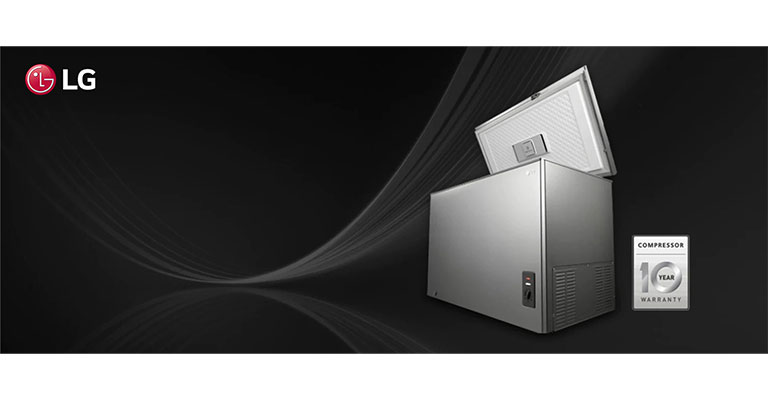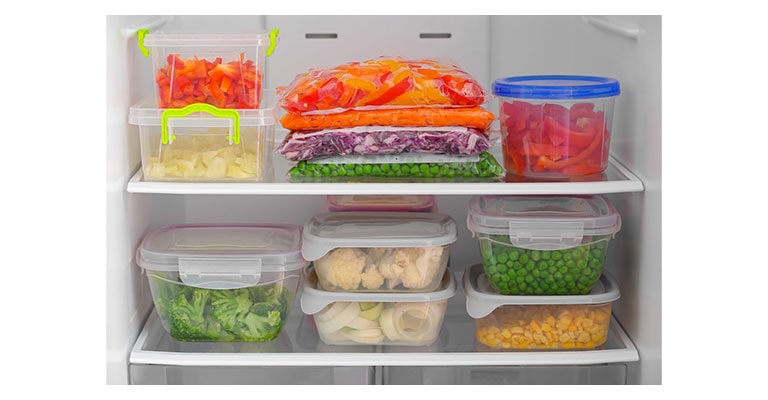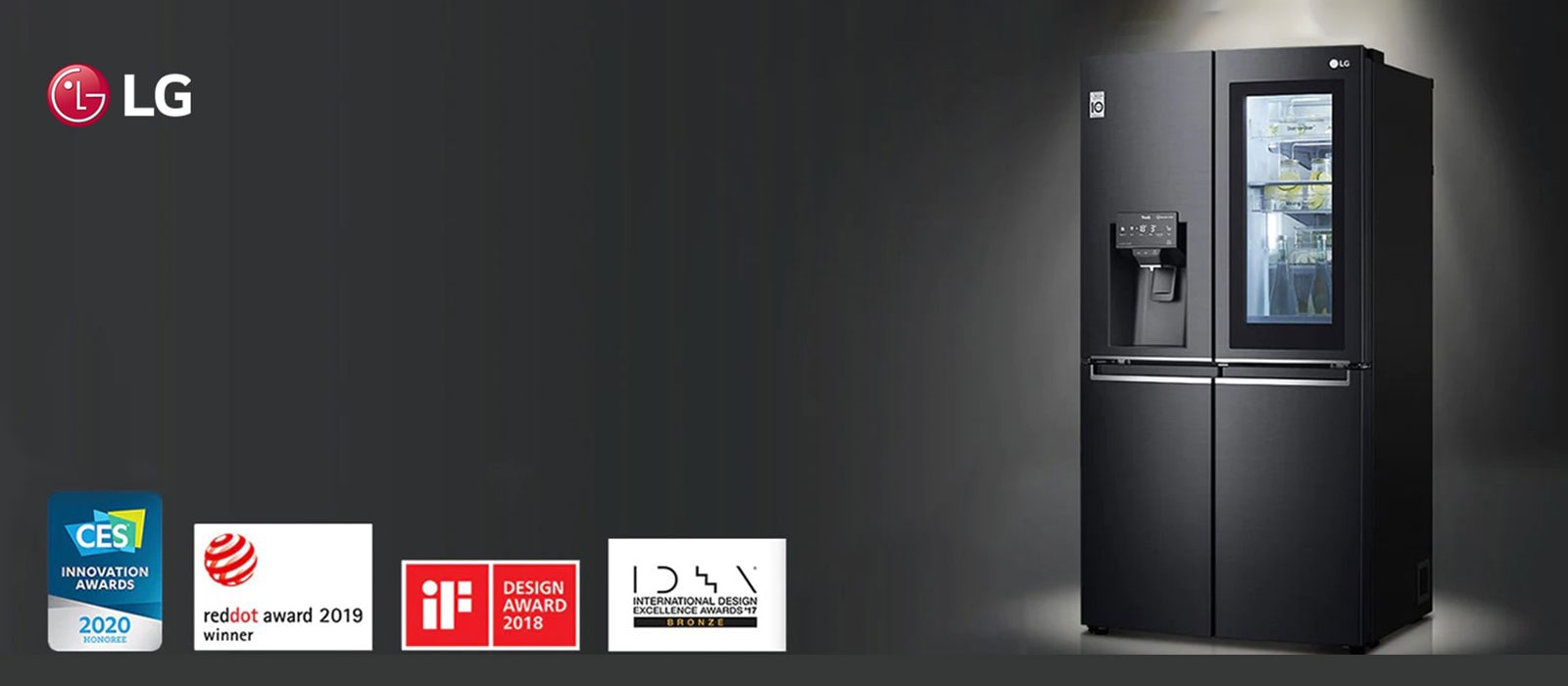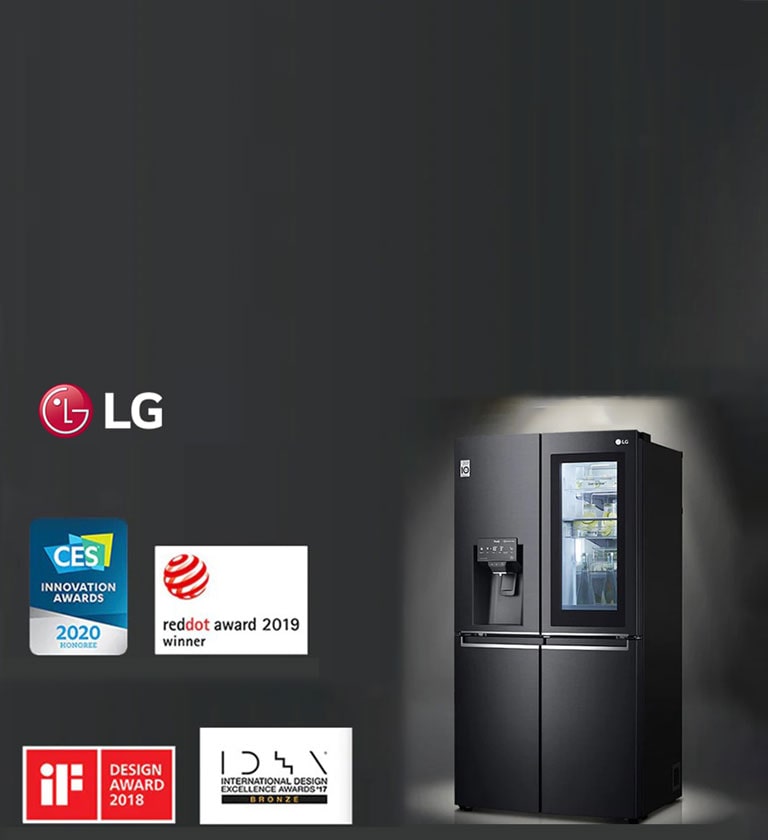-
Difference Between a Refrigerator and a Freezer
Although the terms freezer and refrigerator appear to be used interchangeably by some people, did you know that they mean different things? Having a refrigerator or freezer can be beneficial to you in so many ways but it’s not always clear which one of these two technologies will work better for your situation. Hence, knowing the difference between each will help you narrow down your choices and make the best choice suitable for your needs.
A lot of homes have a freezer/refrigerator combination unit and truly, this boosts efficiency. In most cases, a refrigerator and a freezer is used to keep things cool and the major difference lies in energy efficiency. But beyond this, what is the difference between these two?
-
What is a Refrigerator?


-
A refrigerator popularly referred to as a fridge is a cooling appliance that is typically used for the storage and preservation of food. In most cases, it usually consists of two sections — a refrigerator section and a freezer compartment.
The freezer compartment is designed to store frozen food while the refrigerator part is used to keep food and beverage from spoiling.
-
What is a Freezer?


-
Unlike the refrigerator, a freezer is designed to keep frozen foods frozen. They are operated at lower temperatures than the fridge because they’re designed for long-term storage. Due to their long-term function, the insulation feature of freezers is usually thicker than those in refrigerators.
-
Major differences
Both refrigerator and freezer settings allow you to adjust the temperature and other controls of the appliance to maintain appropriate food-safe temperatures. However, you should keep in mind that these electronic devices are not the same.
A freezer must be kept at 0 degrees Celcius to keep food at a temperature where it’s safe to eat later. Conversely, a refrigerator needs to be set between 4 and 0 degrees Celsius to preserve food.
-
Temperature
As we mentioned earlier, temperature is the major difference between a refrigerator and a freezer. The best temperature range for a refrigerator is between 0-4 degrees Celsius. On the other hand, a freezer requires a much lower temperature of about 0 degrees to -18 degrees to keep food.
It is important to note that you need to keep the freezer’s temperature as low as possible if you want to preserve food well. If the temperature isn’t cold enough, there’s a big chance that the food will go bad.
-
Electrical Consumption
How much electricity is consumed by each appliance depends on how frequently the door is opened and closed. However, we all know that a refrigerator is usually opened and closed quite frequently than a freezer. When you open the fridge door, cold air gets outside and as a result, the fridge has to work harder to keep the inside temperature lower. As a result, they consume more electricity.
A freezer is usually more efficient and consumes less electricity because, under normal circumstances, it isn’t opened and closed as much as a refrigerator.
-
Shape and Model
The models and shapes of refrigerators and freezers are distinctly different from each other. Refrigerators usually have one or two doors and come in different sizes ranging from small to large. Most refrigerators come with small freezers in their upper compartment. If you need a small freezer, refrigerator models like these are usually the best choice.
However, if you need a bigger freezer, you should consider choosing a stand-alone freezer which also comes in different shapes and sizes. Other types of refrigerators to check out include the side by side refrigerators, door-in-door refrigerators and single door refrigerators.
-
Working Mechanism
The basic working mechanism of a freezer is evaporation. A curly metal tube referred to as a cooling pipe is inserted in the walls of the freezer. The cooling pipe contains a special liquid that can evaporate easily. This pipe is connected to a pump that sucks vapour from the pipe which consequently causes more liquid to turn into vapour and cools the inside of the freezer.
Whereas, a refrigerator works by pushing a liquid refrigerant through a sealed system. This causes the refrigerant to vaporise and draw heat out of the fridge. The vaporised refrigerant then passes through coils outside the fridge, gets warmed up, and changes back into a liquid. This causes the cooling of the contents inside the fridge.
-
Common Mistakes Made When Storing Food


-
If you have a busy household, there’s a tendency to want to stock up on food and keep it in the fridge or freezer. And there is nothing wrong with that. But while doing so, there are some errors you should try to avoid. Here they are:
1. Overstuffing the fridge or freezer with food thereby hindering the working of the appliance.
2. Vegetables such as carrots, tomatoes, and peppers can deteriorate faster or lose their flavour if stored in the fridge or freezer for a long time.
3. If you stack meat, fruit, and vegetables together over one another, cross-contamination can occur.
-
Final Thoughts
Every home needs a refrigerator, a freezer, or a refrigerator/ freezer combination unit. The benefits of having either one of these appliances cannot be overemphasised. From storing large cuts of meat to keeping extra groceries and beverages cold until they’re ready for use, these cooling appliances are a staple in many households.
Due to the diversity in the types and models of fridges and freezers available, it’s not always clear which of these units will be best for you. But regardless of what your refrigeration needs are, LG has you covered. And this post can help you make that decision of which refrigerator to buy and if it is proper cleaning of your refrigerator that seems to be the issue, you can check out this article.
There are LG shops near you; you can see a list of them here. And see a couple of products you can buy there in our product catalogue here.




